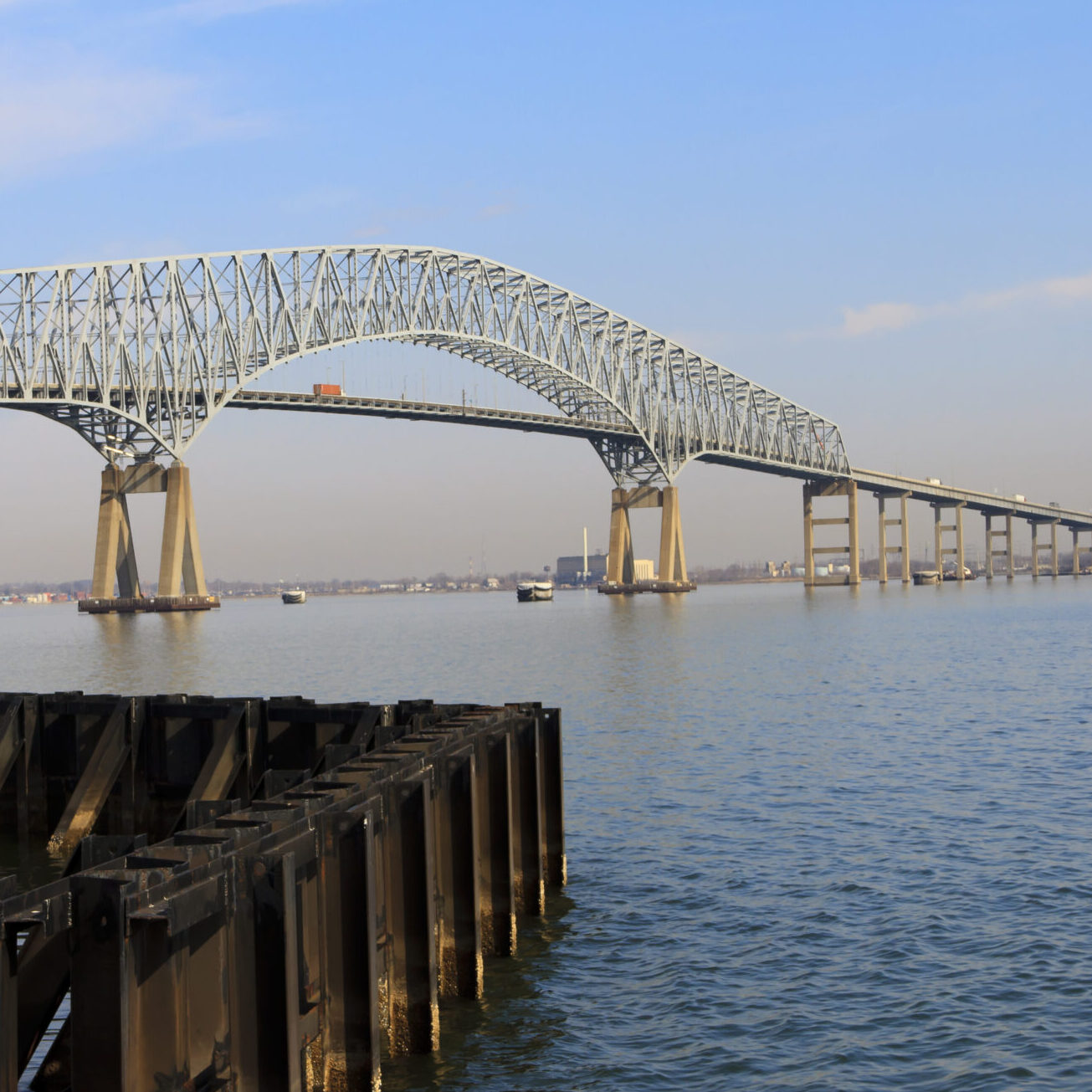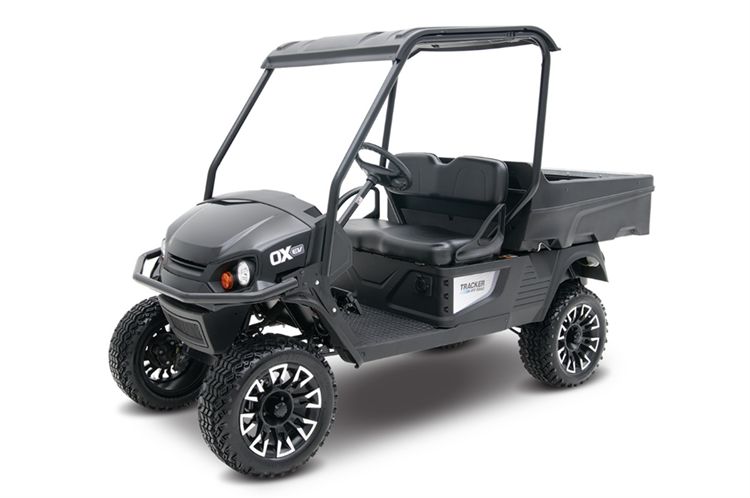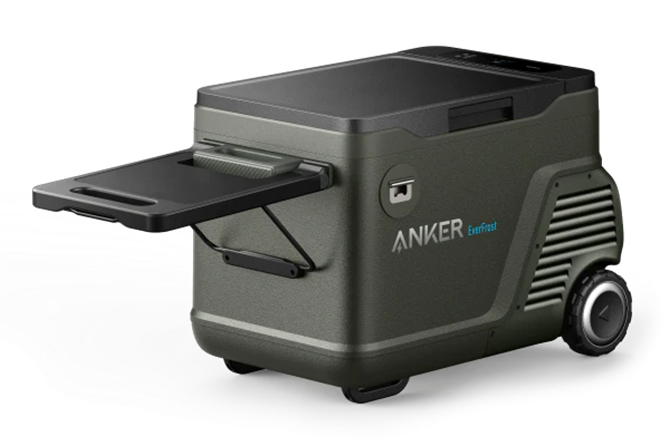
“It’s Not Old, It’s A Classic!”: Risk in Aging Aircraft with GARA Protecting Manufacturers
Overview | Blog Posts | Aviation, Subrogation & Recovery | Related | Print | Share
August 23, 2017
The General Aviation Revitalization Act of 1994 (“GARA”) was a byproduct of aging aircraft, rising costs, and tort liability in the United States. Congress was concerned that aircraft manufacturers were being devastated by liability costs for accidents occurring long after the planes left the manufacturer. These liability costs drove up the price for aircraft beyond what the market would bear, and general aviation experienced a sharp decline. The General Aviation Manufacturers Association reports the total U.S.-manufactured general aviation airplane shipments went from a high of 17,811 in 1978 to a low of 929 in 1994. As a result, many manufacturers stopped making certain model aircraft, including Cessna which ceased production of all piston aircraft in 1986.
GARA sets a federal statute of repose, with limited exceptions, of 18 years for claims for personal injury, death, or property damage against manufacturers of general aviation aircraft. “General aviation aircraft” means:
[A]ny aircraft for which a type certificate or an airworthiness certificate has been issued by the…Federal Aviation Administration, which, at the time such certificate was originally issued, had a maximum seating capacity of fewer than 20 passengers, and which was not, at the time of the accident, engaged in scheduled passenger-carrying operations as defined under regulations in effect under the Federal Aviation Act of 1958 (49 U.S.C.App. 1301 et seq.) at the time of the accident.
GARA, PL 103-298, August 17, 1994, 108 Stat 1552. The statute preempts any state law to the contrary.
The 18-year period essentially runs from the date the plane leaves the manufacturer, whether sold to a consumer or to a distributor. The statute has a rolling date for any new component, system, subassembly, or other parts that replaces or is added to the aircraft and which causes the accident. In these circumstances, the statute runs from the date the new component is added or replaced.
The statute does have exceptions, including when a plaintiff can show that the manufacturer knowingly misrepresented material information to the FAA that is the cause of the accident; if the claim is brought by or on behalf of a person who was being transported for medical or other emergency purposes; if the injured person was not aboard the aircraft; or when the action is brought pursuant to a written warranty that is otherwise enforceable.
In a recent subrogation case from the Southern District of Florida, Intact Insurance Company, formerly AXA Pacific Insurance Company and R&Q Insurance Ltd. As Subrogee of Keystone Air Service Ltd. & Kevin Hepp v. Piper Aircraft Corp. Irrevocable Trust, the Court granted judgment on the pleadings against Plaintiffs, barring their suit under GARA.
In Intact, the insurance companies had paid out money to claimants after a Piper PA-31-350 Chieftain crashed while on approach at Winnipeg International Airport in Manitoba, Canada, on November 6, 2000. The Chieftain had been built and sold in 1978. When it crashed, the aircraft carried seven passengers and one pilot, all Canadians. At the time of the accident, the plane was owned and operated by Keystone Air Service, Ltd., a Canadian Company with its principal place of business in Manitoba. In the years following the accident the passengers brought suit against Keystone, and altogether the insurance companies paid $595,753.23 Canadian dollars to settle those claims and reimburse Keystone for the value of the aircraft.
The insurance companies brought suit in the Southern District of Florida in 2015 against Piper Aircraft to recover these payments. A singularity about Piper Aircraft cases involves how the company came out of bankruptcy proceedings in 1995. As a part of Piper’s bankruptcy, claims involving aircraft manufactured by Piper prior to the bankruptcy are subject to a channeling injunction, meaning that claimants are required to, among other things, file suit against a trust that was established. They must also file suit in the Southern District of Florida. Here, the insurance companies followed all prerequisites to filing suit under the trust agreement.
Piper brought a motion for judgment on the pleadings alleging that GARA barred the insurance companies’ suit, and it should be dismissed. In its Report and Recommendation (“R & R”), the magistrate recommended granting the motion, which the Court did, approving the R & R and its analysis.
In what should have been a straightforward application of GARA, as there was no dispute over the manufacture or the accident dates, Plaintiffs argued instead that, but for the Piper trust agreement, the suit would have been brought in Canada, where GARA would not have applied. Plaintiffs also argued that GARA violates Plaintiffs’ constitutional rights.
The Court rejected Plaintiffs’ contention that the trust agreement’s provisions were unfair because it required suit to be brought in the United States where GARA applied. The Court noted that the agreement served as a de facto forum selection clause, and Plaintiff failed to show that its enforcement was unreasonable. The Court noted that Plaintiffs would have no suit against Old Piper without the trust agreement and that GARA would still bar the suit even if Canadian law were to apply, citing many instances where courts have applied GARA to accidents on foreign soil.
The Court similarly rejected the notion that GARA implicated extraterritoriality. There is a presumption against extraterritoriality, meaning that legislation is meant to apply only within the territorial jurisdiction of the United States. Or, in short, U.S. laws will generally not regulate activities outside the country. Relying on a Ninth Circuit case, which dismissed similar arguments, the Court noted that GARA does not govern any substantive standards in tort law; it merely regulates the ability of plaintiffs to bring suit in United States’ courts. As such, GARA only regulates entirely domestic conduct, regardless of whether the underlying facts of the case involve activities inside or outside of the United States. Thus, even if Canadian law applied to the case, GARA would bar the suit.
The Court went on to summarily reject Plaintiffs’ constitutional arguments that their rights of access to the courts and due process were violated by the application of GARA. The Court noted that statutes of repose are generally upheld and that a court dismissing a case before trial is not the equivalent of a denial of access to courts.
With this case, GARA continues to block claims against manufacturers of aging general aviation equipment regardless of whether the accident occurs on or off U.S. soil. Intact joins a line of cases upholding the Act and protecting manufacturers.



